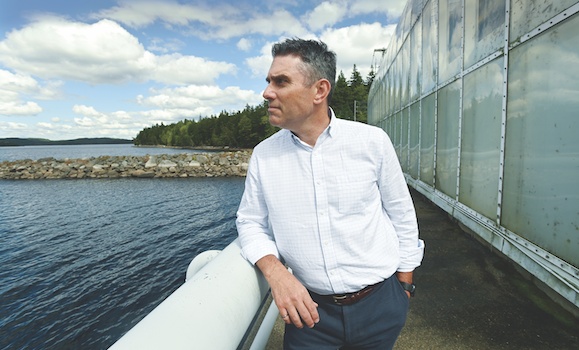
Meet the researcher who thinks about water so you don’t have to
The average Canadian household uses 223 litres of water every day. Drinking, cooking, bathing, washing—it all adds up. For the more than 200,000 Halifax residents…

The average Canadian household uses 223 litres of water every day. Drinking, cooking, bathing, washing—it all adds up. For the more than 200,000 Halifax residents…
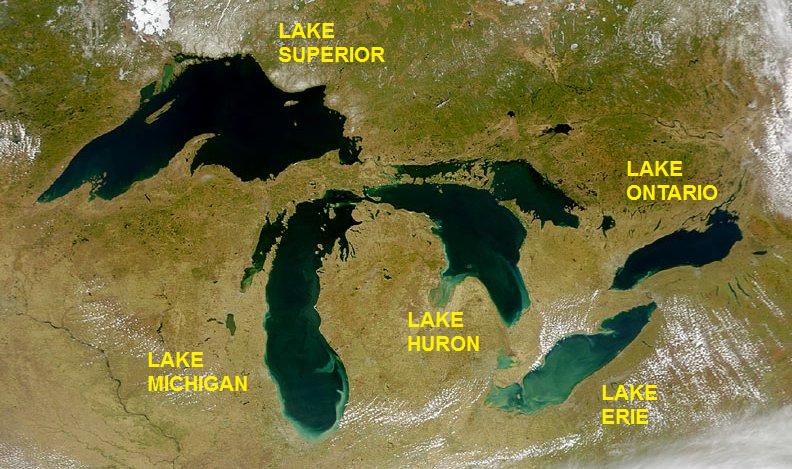
WINDSOR, Ont. – In contrast to traditional natural resource management that fosters autocratic decision-making, an ecosystem approach champions collaboration and empowering stakeholders, says a UWindsor…
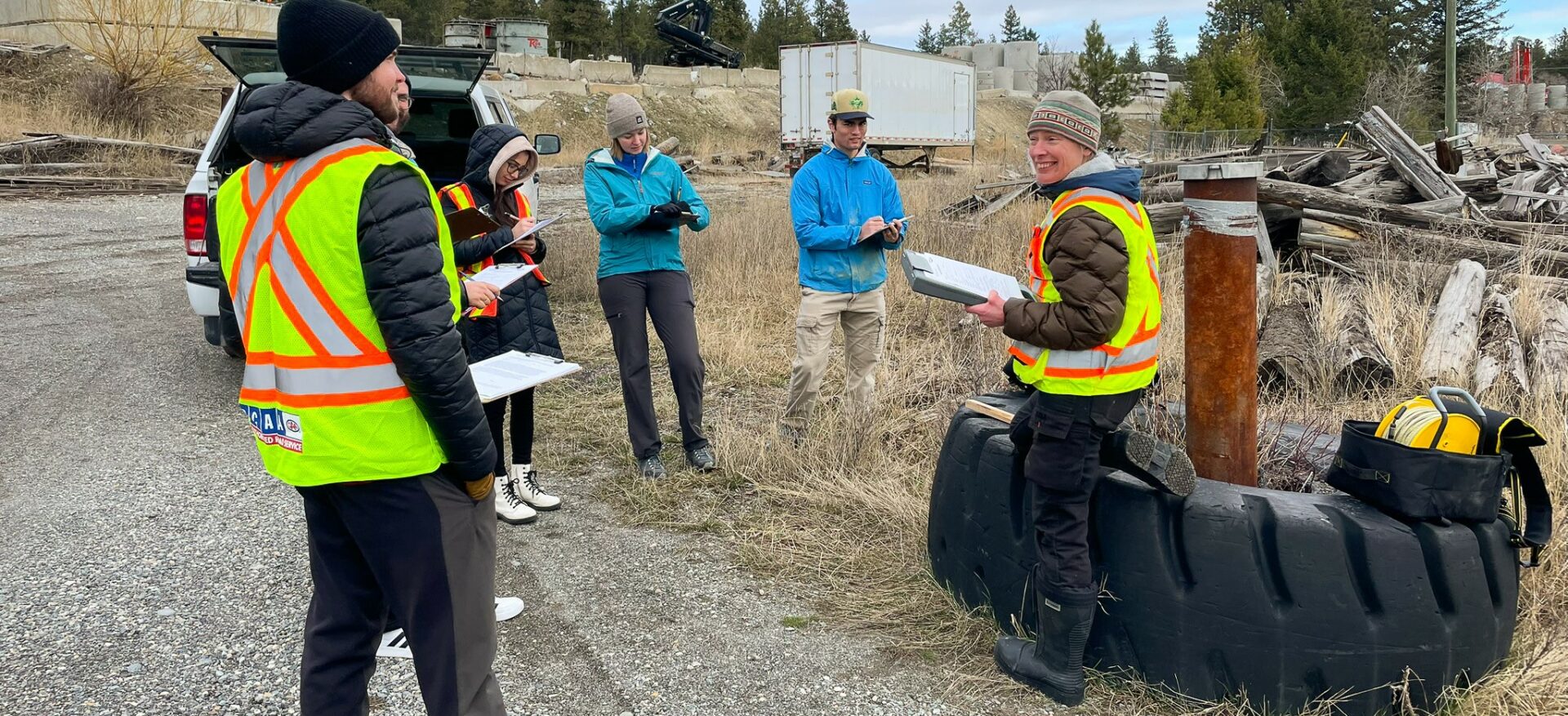
According to a recent survey conducted by Living Lakes Canada, 72% of respondents are highly concerned about groundwater in the Columbia Basin, with primary worries…
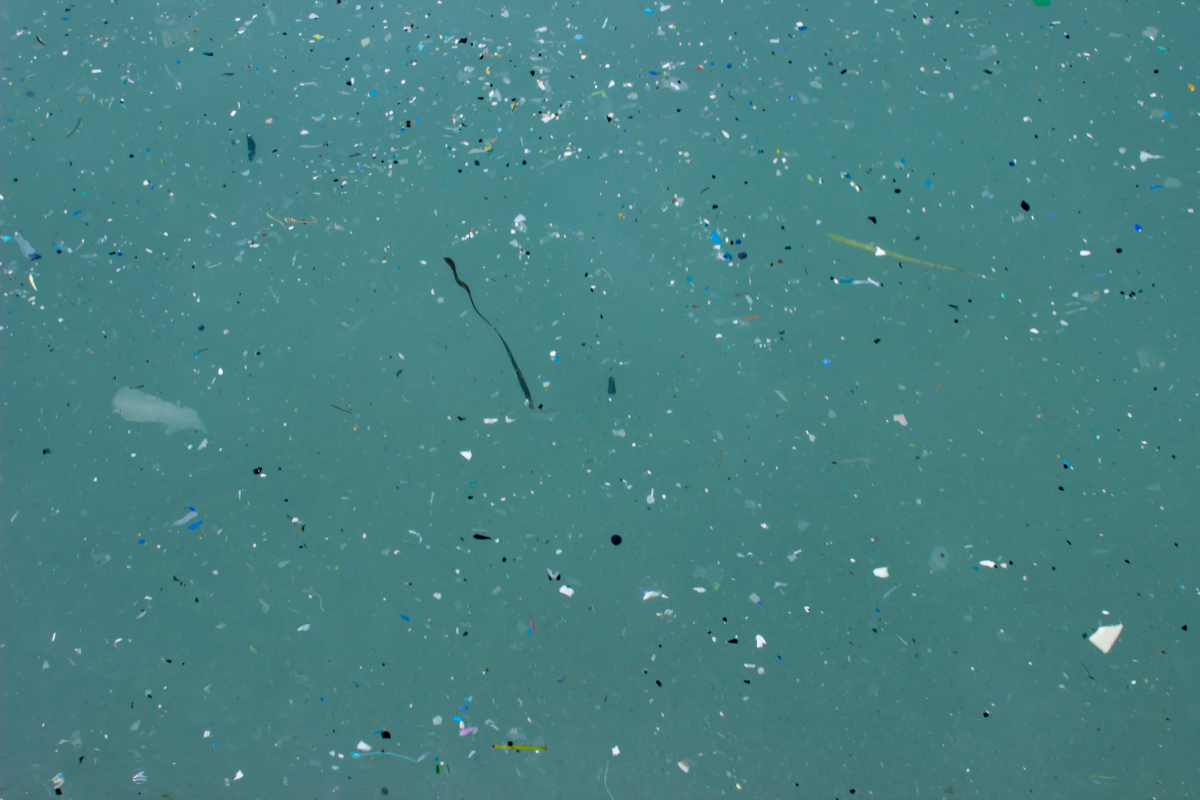
AI-assisted tool offers real-time analysis with unprecedented accuracy. MONTREAL – A McGill-led research team has developed the first real-time, on-site technology capable of detecting and…
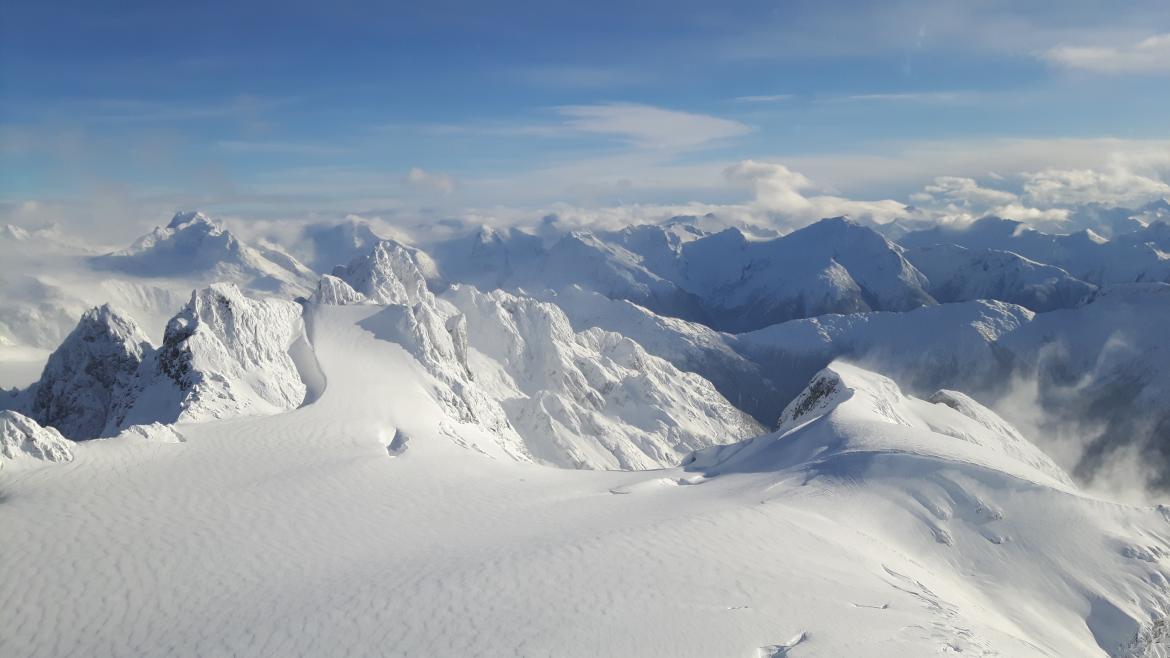
NANAIMO, BC – Researchers at the Hakai Cryosphere Node are revolutionizing the way we measure snow and are gaining a better understanding of how wildfires…

TORONTO, ON – Ontario premier Doug Ford announced this week the province is ending the wastewater surveillance program that gained widespread praise during the COVID-19…
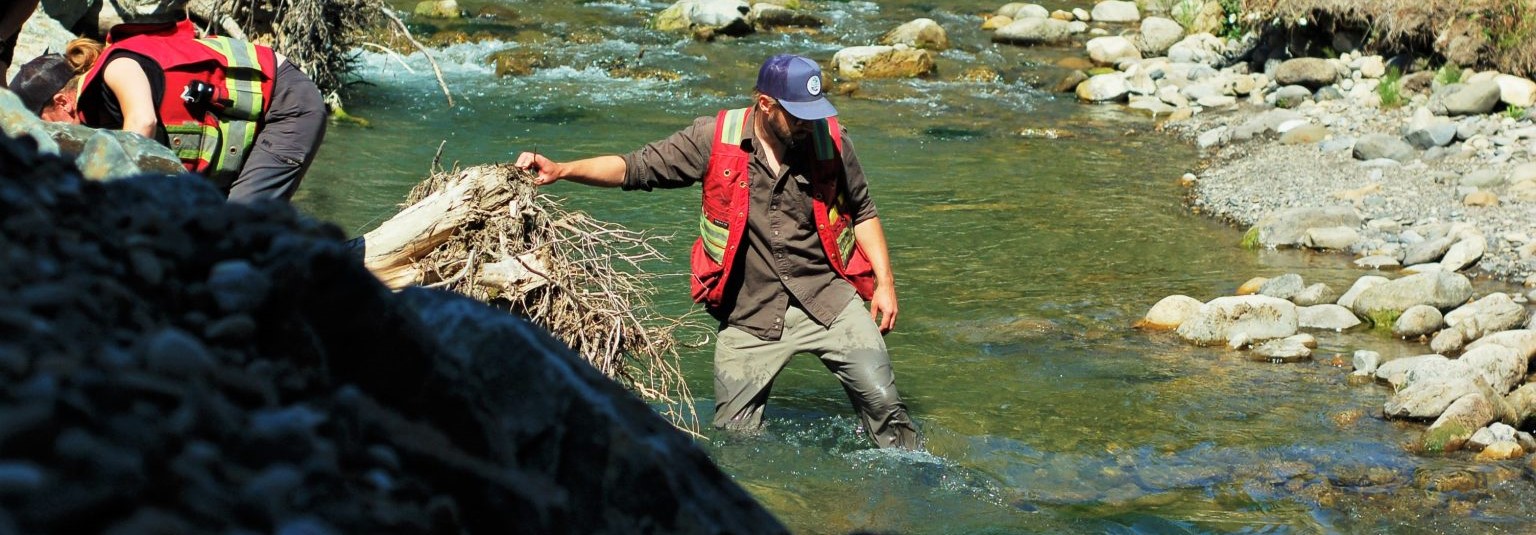
From the moment we wake until we sleep, data and information permeate every facet of our lives. Like scattered puzzle pieces, data is raw numbers…
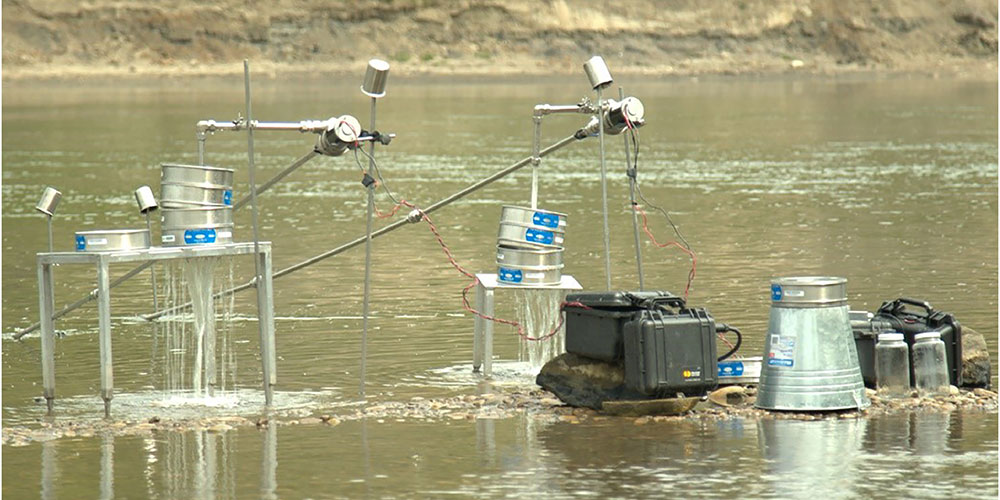
Applied Research Clean Technologies innovation being used across North America Just how much microscopic plastic is flowing through the river systems that are our water…
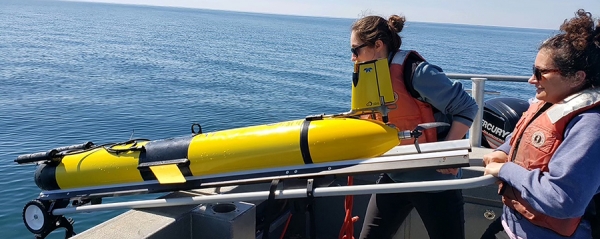
Windsor, Ont. – Participating in a new nationwide scientific freshwater observatory will help to secure the University of Windsor as a leader in freshwater research,…
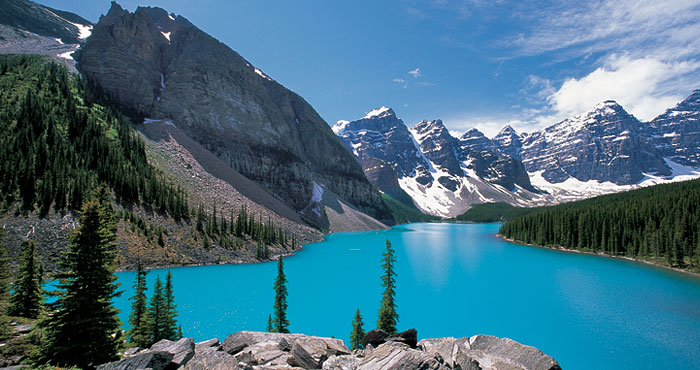
Lethbridge, Alta. – Alberta’s government is partnering with the University of Lethbridge to study water storage, endangered species and other issues impacting Southern Alberta. Alberta…
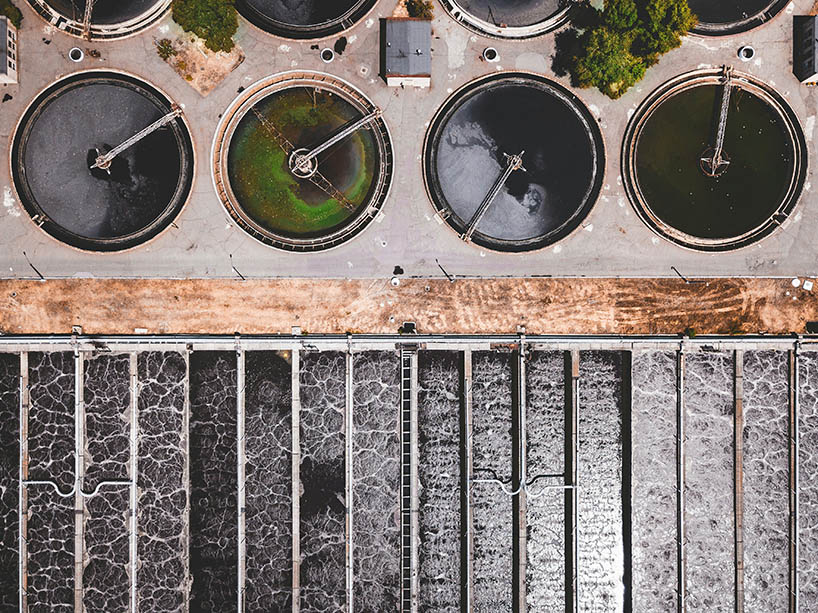
Using drones, satellites and artificial intelligence, researchers will help build greener wastewater systems By Jess Leach, TMU Civil engineering professor Elsayed Elbeshbishy is leading a…
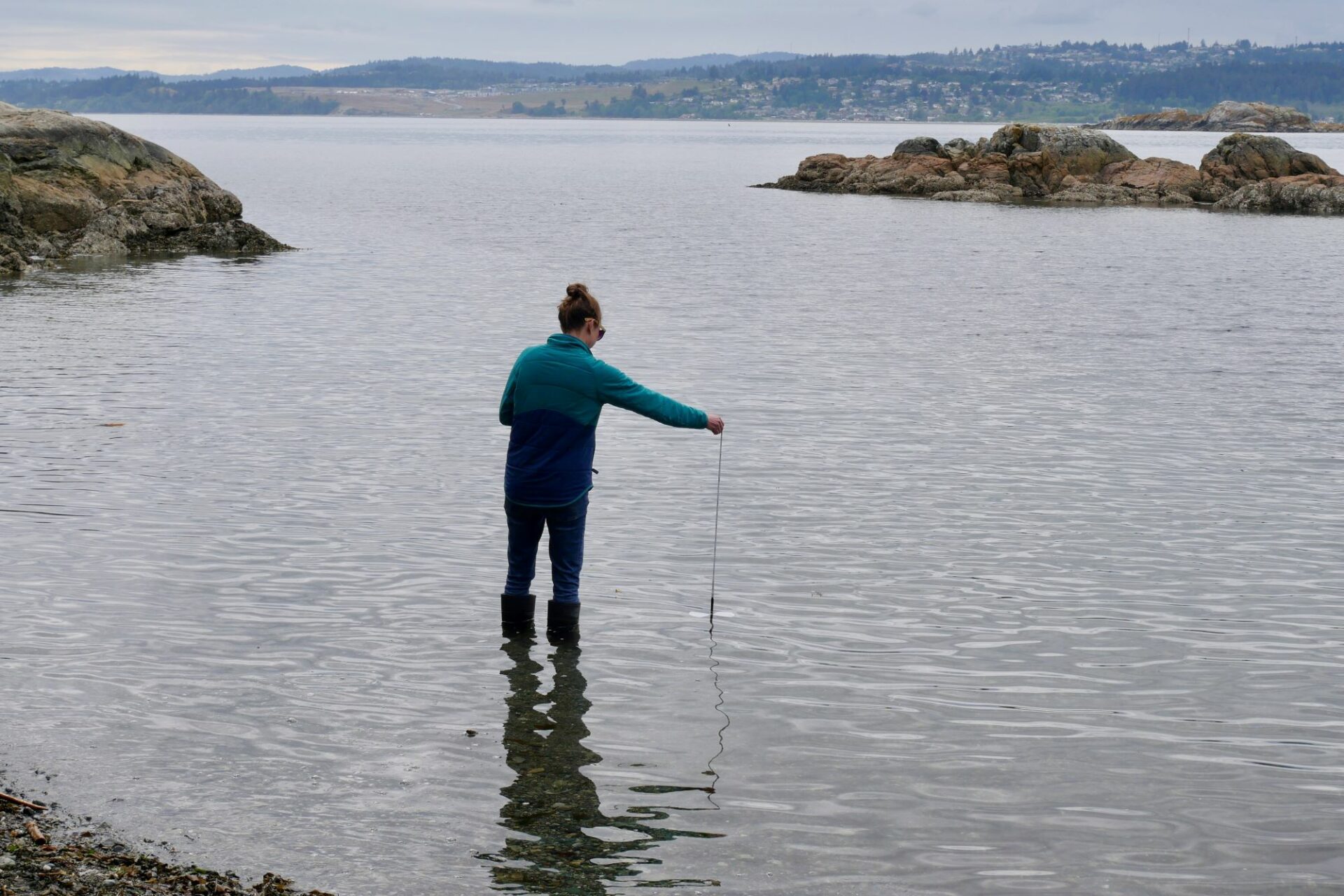
KELOWNA, BC – The launch of Pacific DataStream means water monitoring groups across British Columbia and the Yukon can grow the audience for their data –…
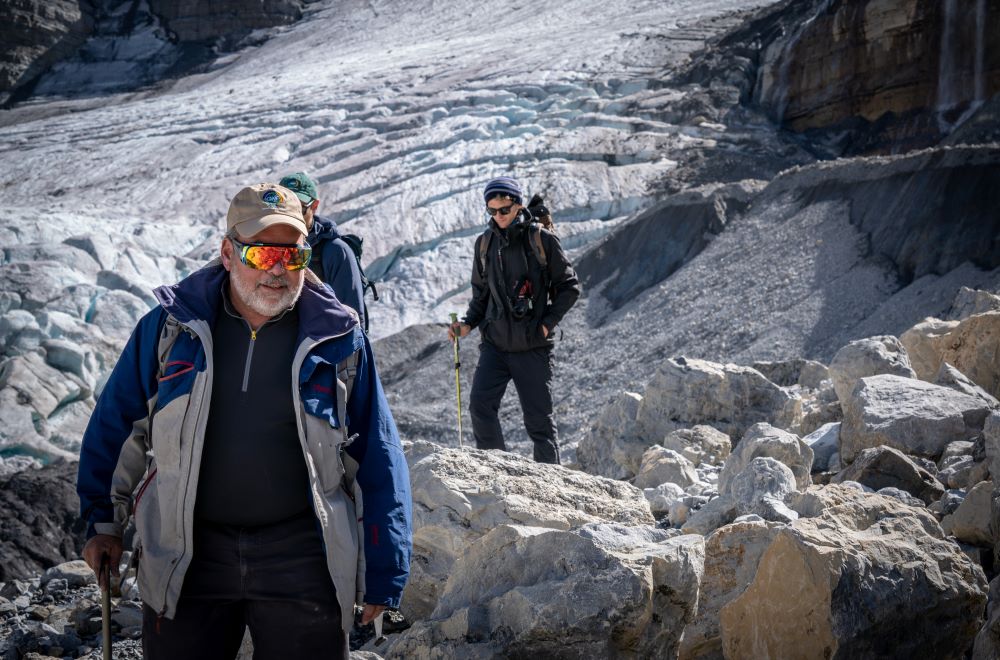
University of Saskatchewan researcher Dr. John Pomeroy (PhD) says the ways we’re managing water resources will no longer cut it. By CHRIS PUTNAM, University of…
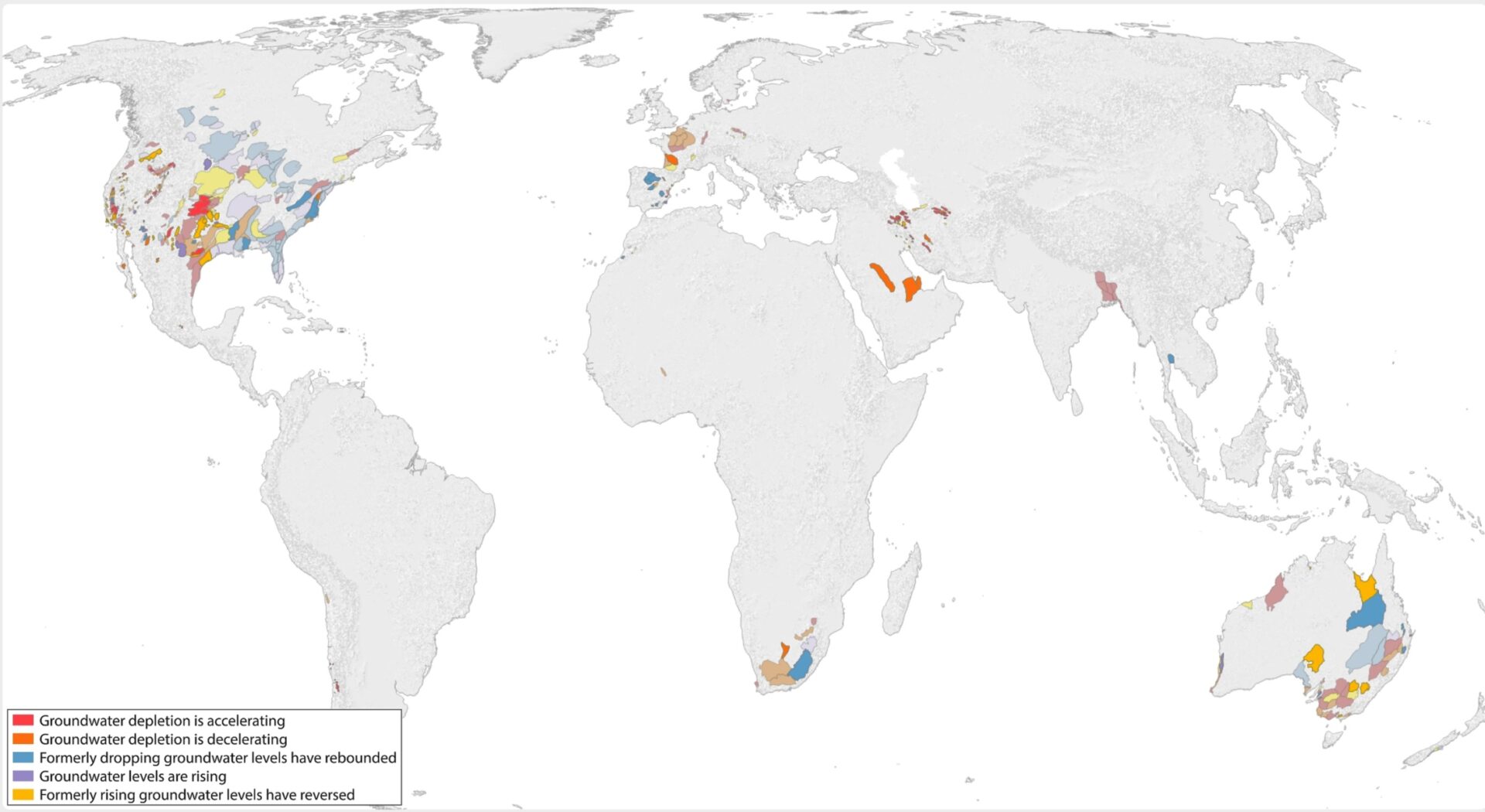
Santa Barbara, California – Groundwater is rapidly declining across the globe, often at accelerating rates. Writing in the journal Nature, UC Santa Barbara researchers present…
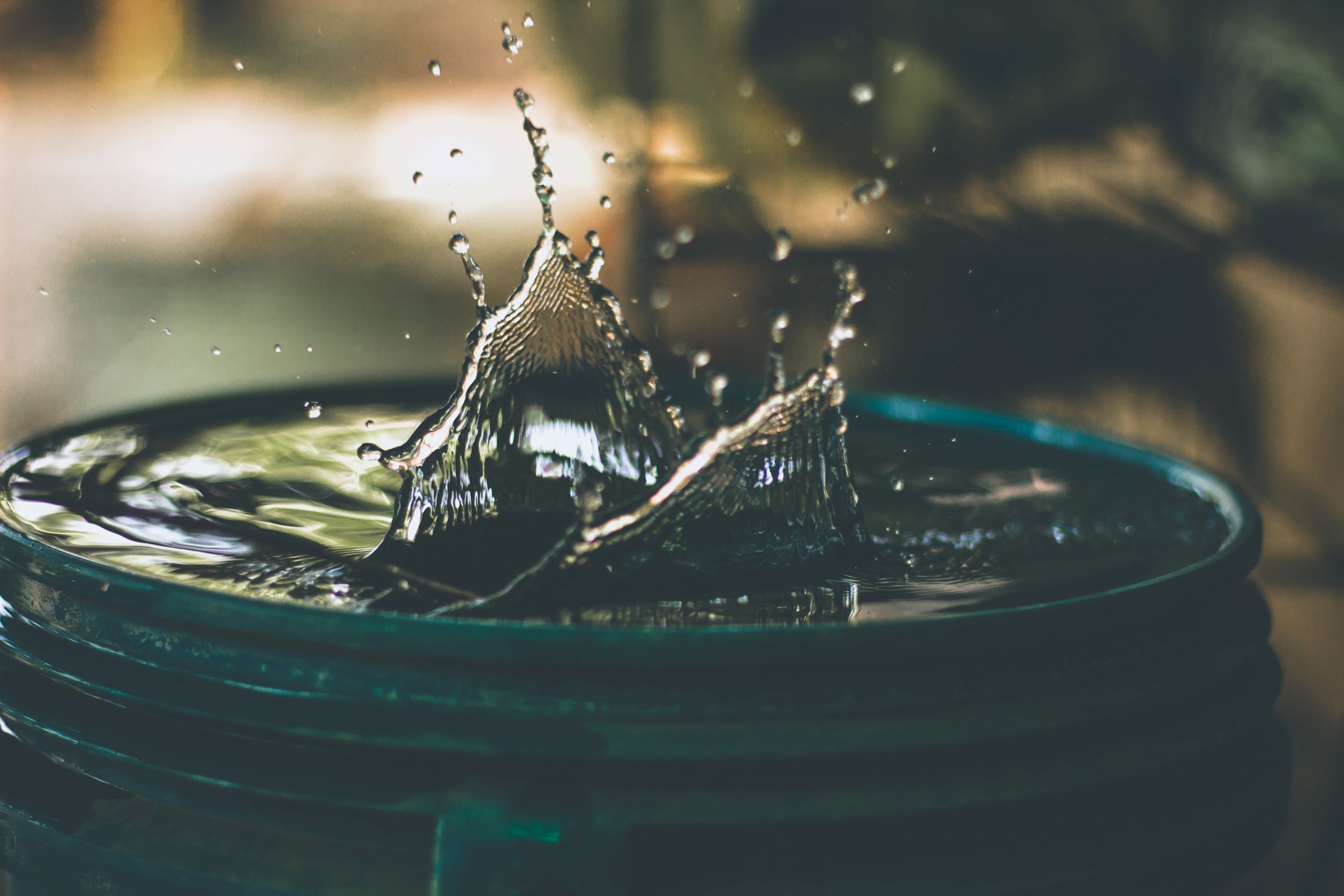
Brooklyn, NY – Researchers at NYU Tandon School of Engineering achieved a major breakthrough in Redox Flow Desalination (RFD), an emerging electrochemical technique that can…
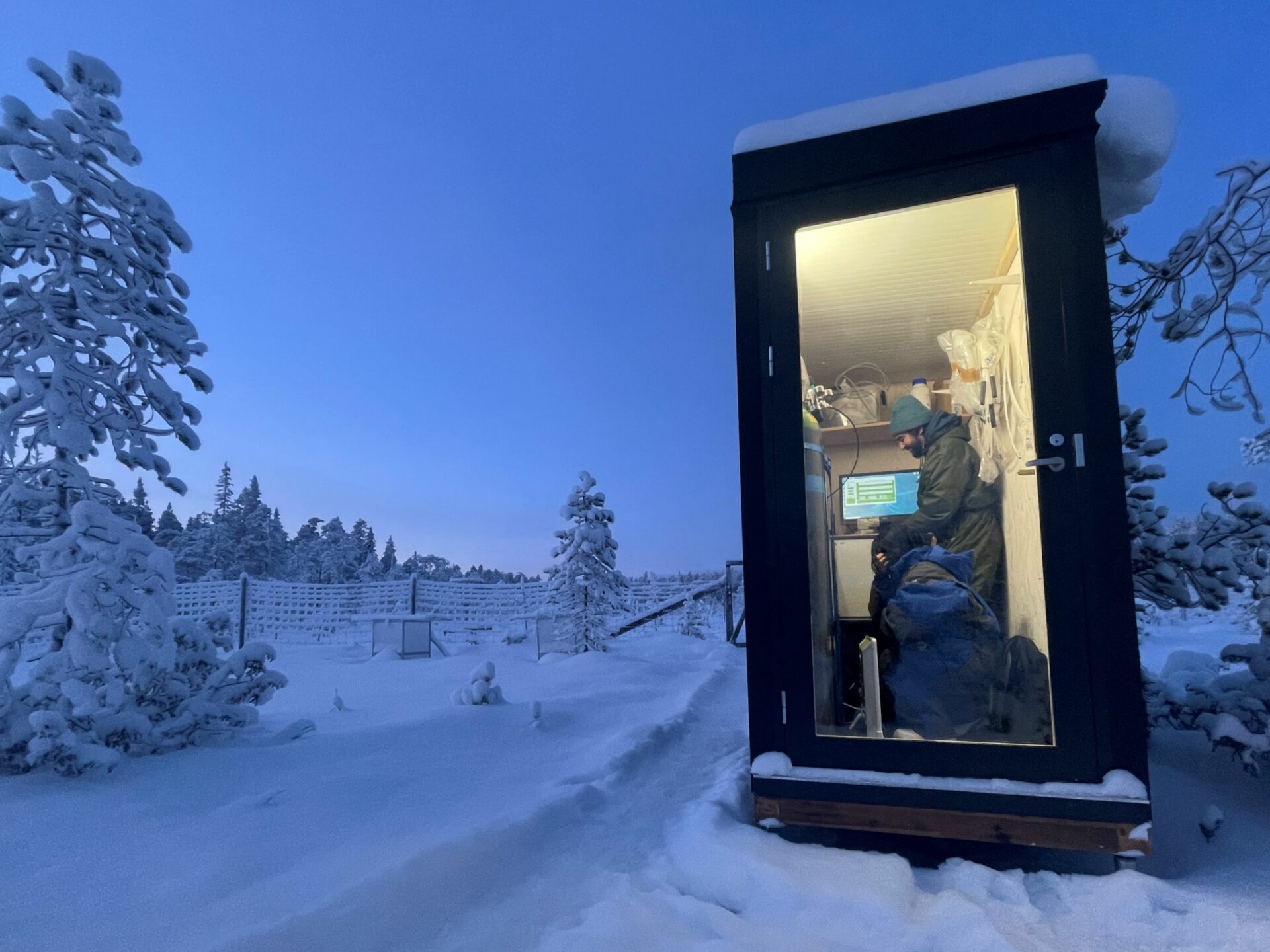
Oulanka, Finland – In the remote research area in Oulanka, Finland, tubes and sensors crisscross out of a telephone booth-like measuring room. Every minute, they…
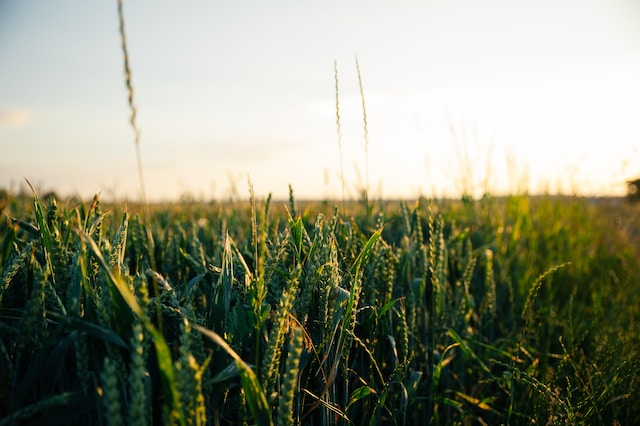
Saskatoon – Researchers are helping close the loop on the sustainability cycle with research into nutrient-enhanced biochar — a charcoal-like material made by heating recycled…
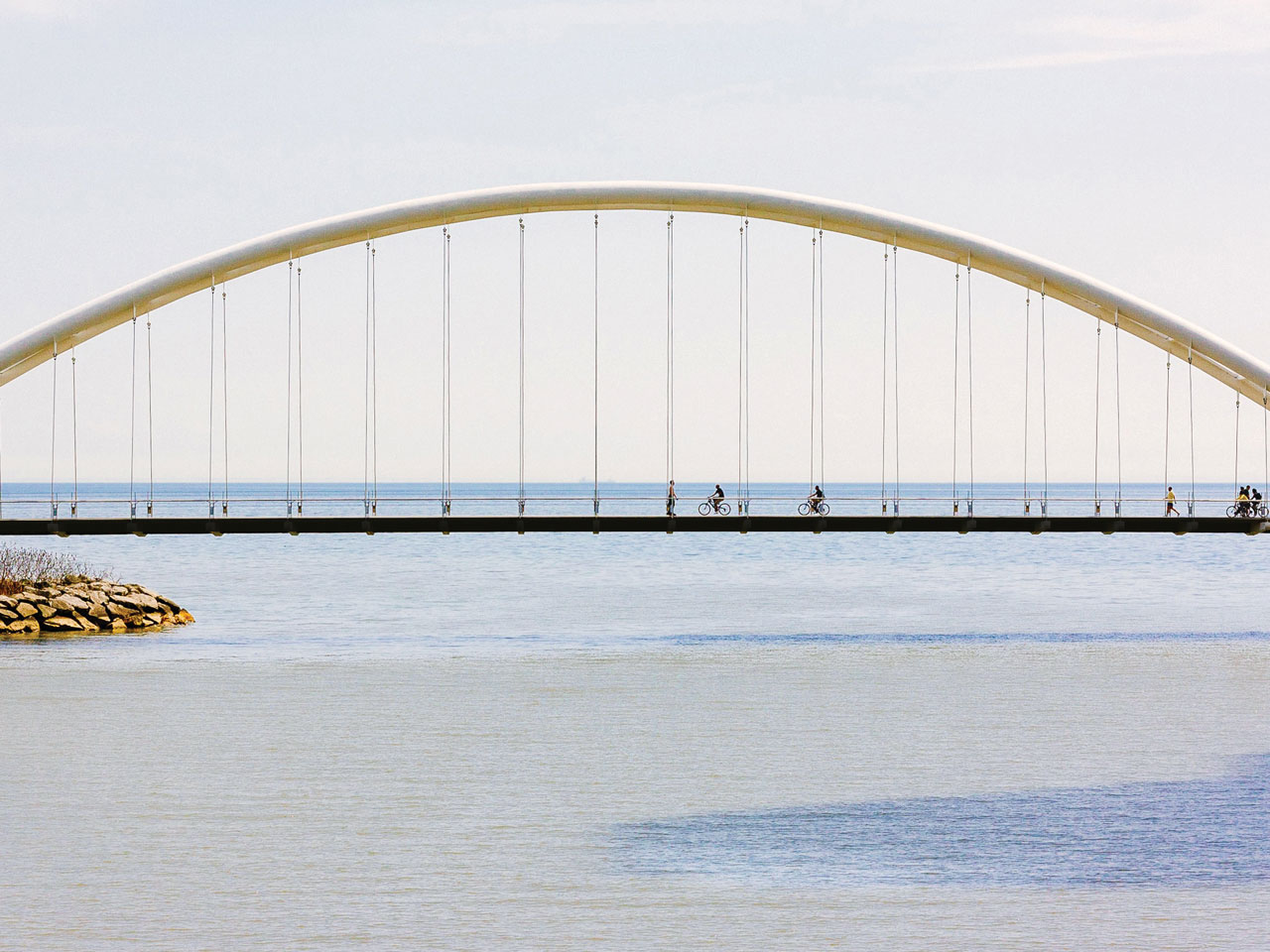
The next generation of researchers at Toronto Metropolitan University (TMU) are leveraging their training to advance innovative solutions to water-related issues ranging from infrastructure planning…
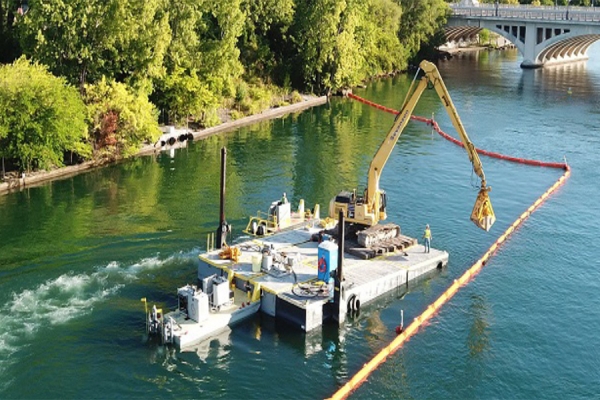
Contaminated sediments limit the ecological recovery of the Detroit and Rouge River ecosystems, says a report released Tuesday by the State of the Strait Conference…
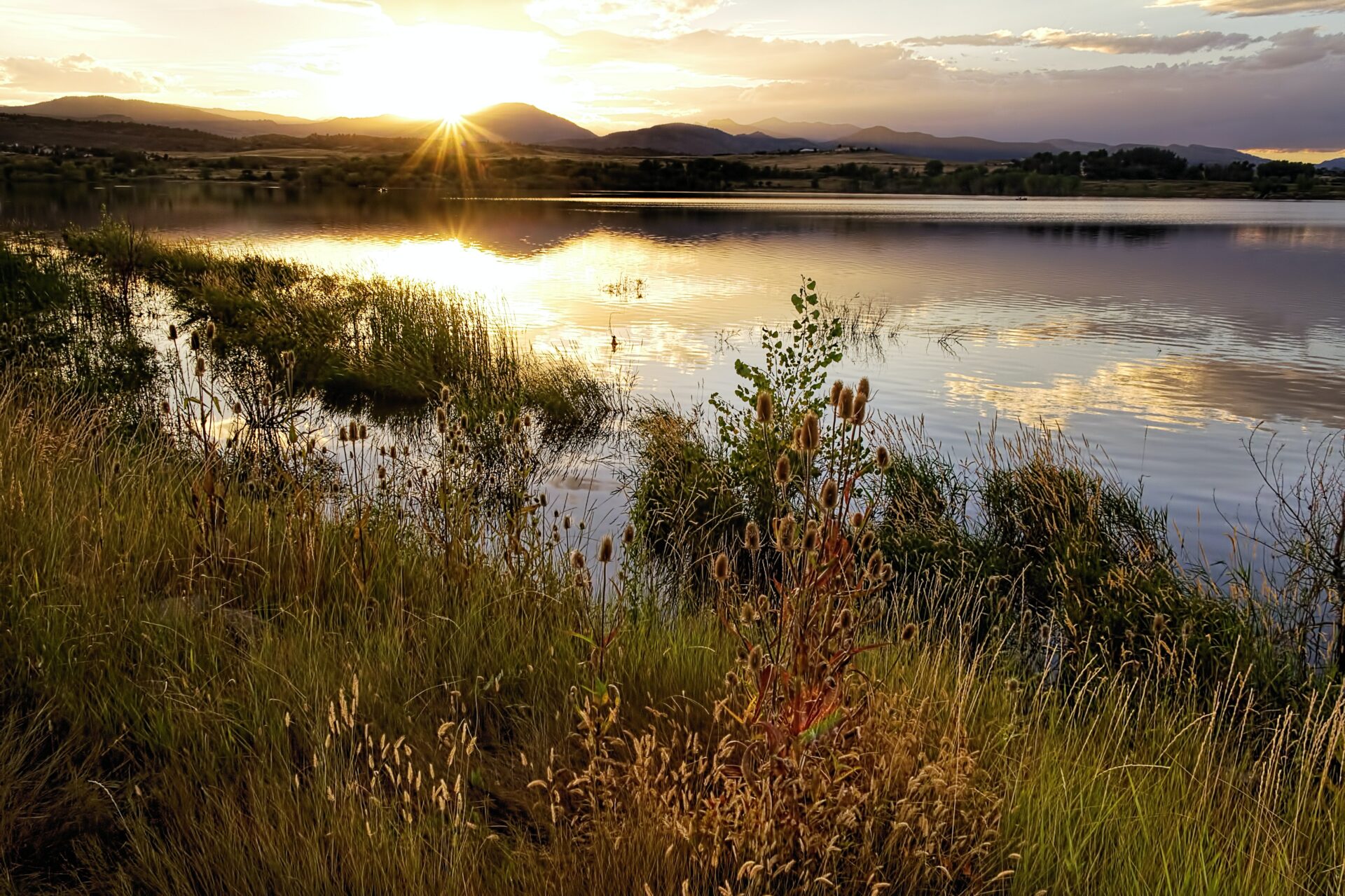
Small isolated wetlands that are full for only part of the year are often the first to be removed for development or agriculture, but a new…
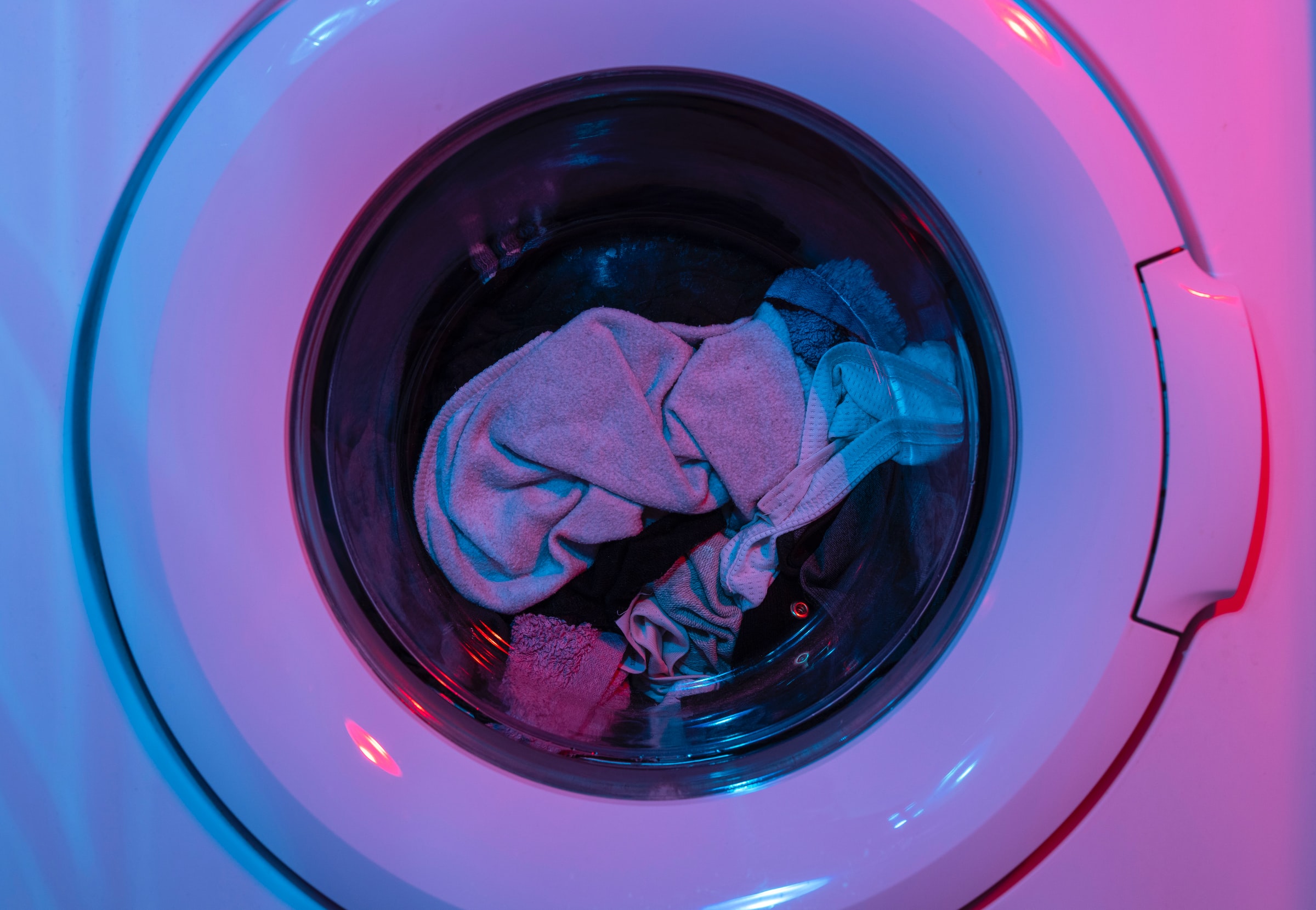
A new study found that washing machine filters can be a solution for capturing harmful microfibres before they enter Georgian Bay and other waterways where…
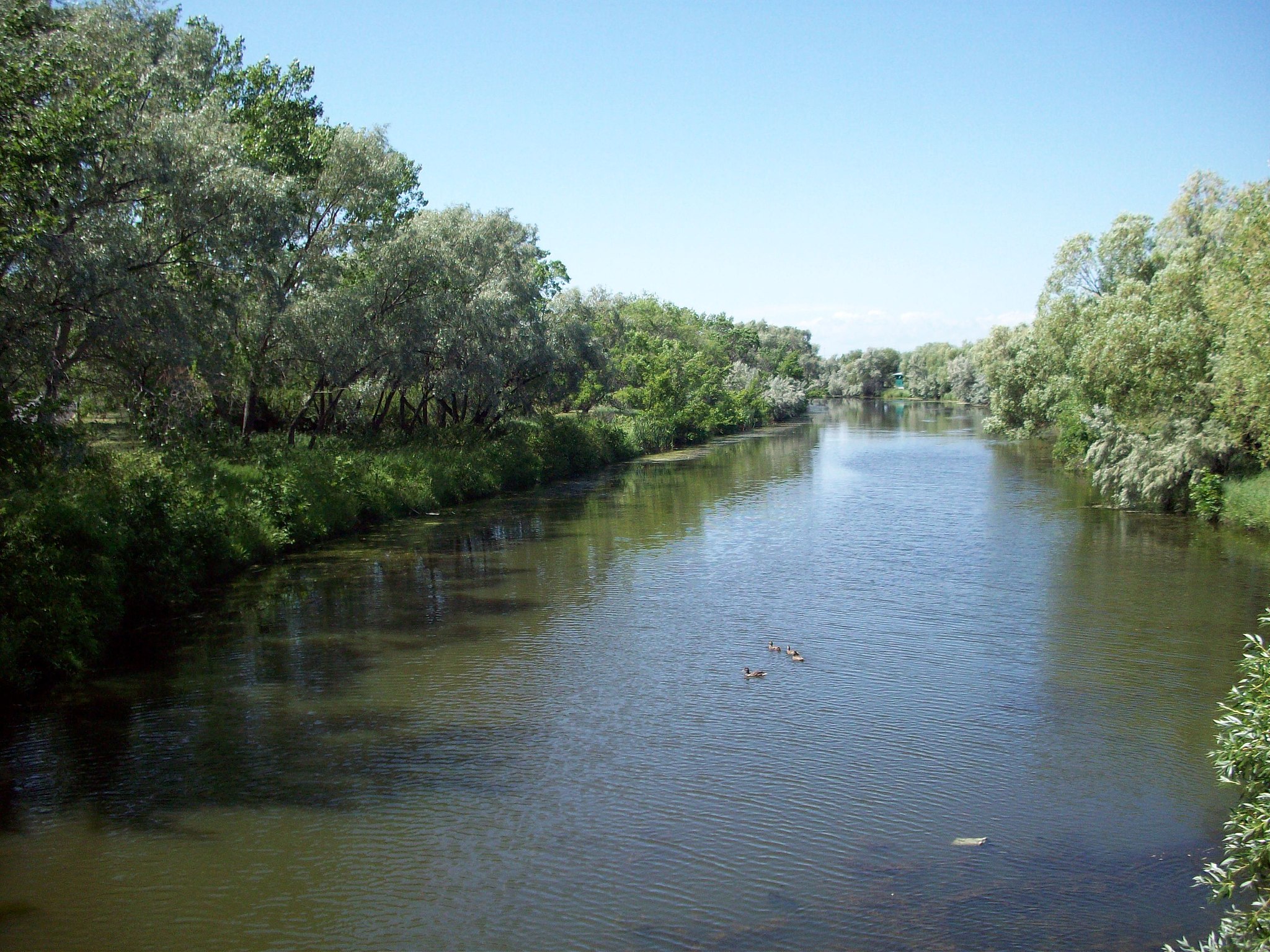
A ten-year study, conducted by University of Regina researchers, shows removal of nitrogen from the City of Regina’s wastewater discharge improved water quality downstream in…
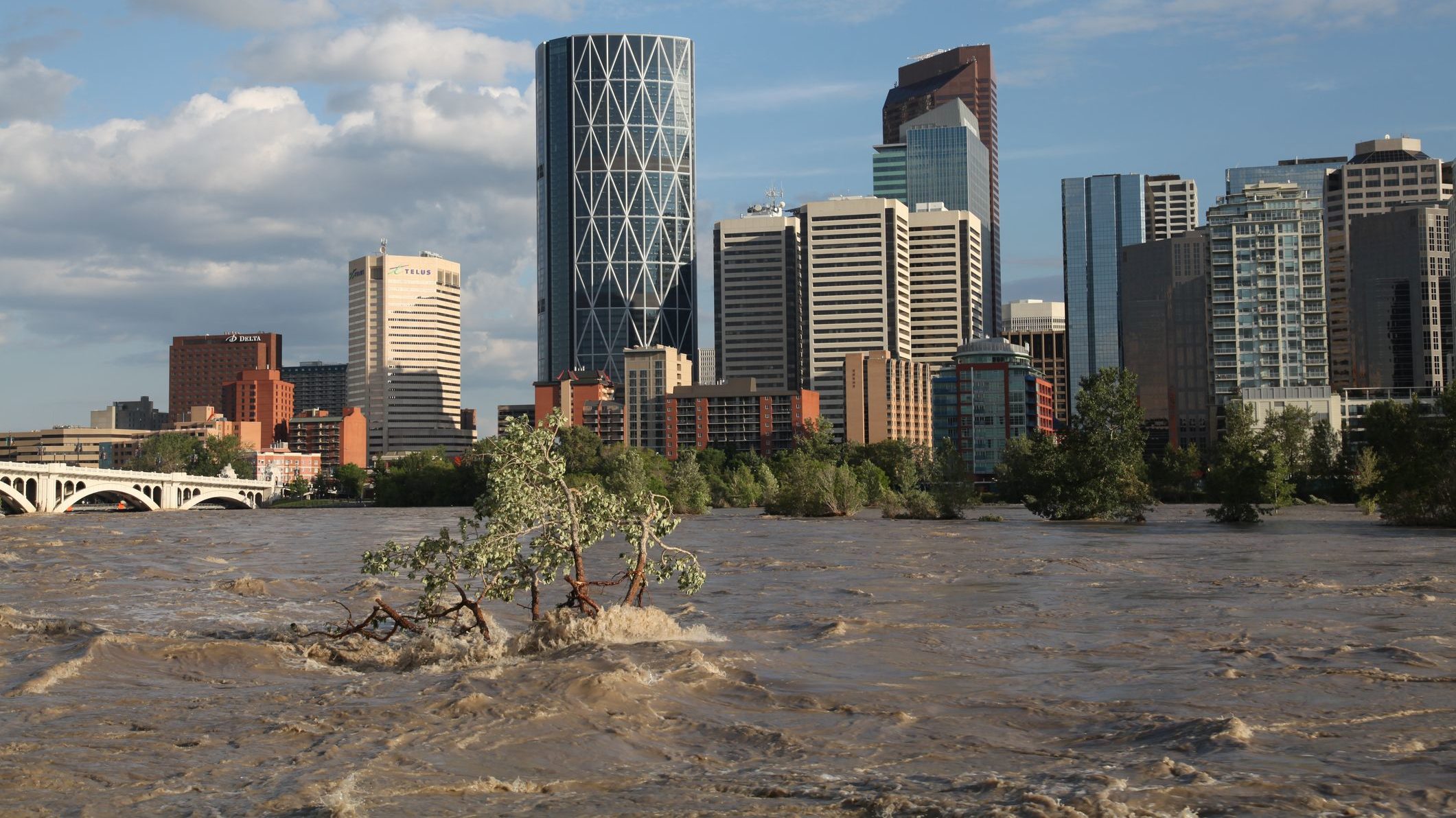
A Western University professor has developed Canada-wide maps showing how floodplains—including low-lying areas of major cities like Vancouver and Montreal—may become inundated in the next 80…
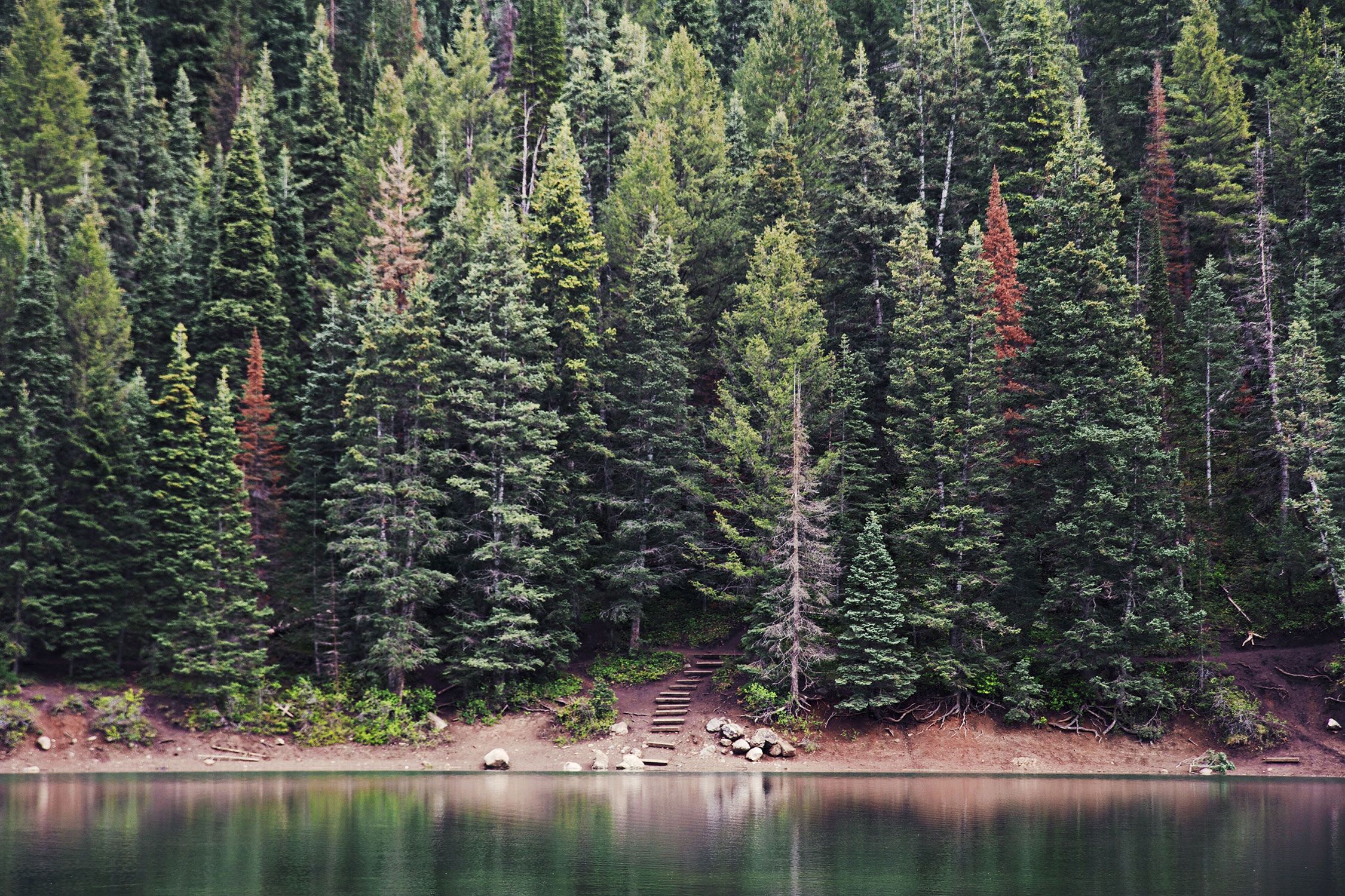
Most water used in agriculture and urban areas comes from sources originating in forest landscapes. Rainfall is usually first consumed by trees in large forests,…